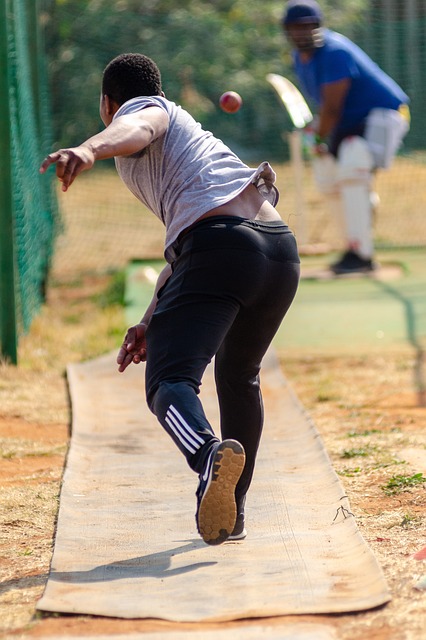Cricket Match-Fixing Investigations: Jurisdictional Challenges and Cooperation: Sky247 login, Gold365 betting, Gold365
sky247 login, gold365 betting, gold365: Cricket Match-Fixing Investigations: Jurisdictional Challenges and Cooperation
Cricket match-fixing has been a persistent issue in the sport for many years, with high-profile incidents that have rocked the cricketing world. Investigations into match-fixing can be complex and challenging, particularly when it comes to jurisdictional issues and the need for cooperation between different authorities. In this article, we will explore the challenges faced in investigating cricket match-fixing and the importance of cooperation in tackling this issue.
The Challenges of Jurisdiction
One of the main challenges in investigating cricket match-fixing is the issue of jurisdiction. Match-fixing can involve players, officials, and betting syndicates from different countries, making it difficult to determine which authorities have the legal jurisdiction to investigate and prosecute these cases. This can lead to delays in investigations and difficulties in gathering evidence to hold perpetrators accountable.
Cooperation is Key
To overcome these jurisdictional challenges, cooperation between different authorities is crucial. This includes collaboration between cricket boards, law enforcement agencies, and international organizations such as the International Cricket Council (ICC). By working together and sharing information, authorities can more effectively investigate match-fixing cases and take appropriate action against those involved.
International Efforts
In recent years, there has been a push for greater international cooperation in the fight against match-fixing in cricket. The ICC has established an Anti-Corruption Unit (ACU) to investigate allegations of corruption in the sport and work with law enforcement agencies around the world. This global approach is essential in tackling match-fixing, as it helps to create a unified front against corruption in cricket.
The Role of Technology
Technological advancements have also played a key role in improving the investigation of match-fixing cases. Data analytics, surveillance technology, and forensic techniques can help authorities to uncover patterns of suspicious betting activity and identify individuals involved in match-fixing schemes. By harnessing the power of technology, investigators can strengthen their evidence-gathering efforts and build stronger cases against offenders.
FAQs
Q: What is match-fixing in cricket?
A: Match-fixing in cricket refers to the manipulation of the outcome of a match in exchange for financial gain. This can involve players, officials, or other individuals conspiring to alter the result of a game through illegal means.
Q: Why is cooperation important in investigating match-fixing?
A: Cooperation between different authorities is essential in tackling match-fixing cases that often involve multiple jurisdictions. By working together and sharing information, authorities can more effectively investigate and prosecute those involved in corrupt practices.
Q: What role does the ICC play in fighting match-fixing?
A: The ICC has established an Anti-Corruption Unit (ACU) to investigate allegations of corruption in cricket and work with law enforcement agencies around the world. The ICC plays a key role in coordinating international efforts to combat match-fixing in the sport.
In conclusion, investigating cricket match-fixing poses unique challenges, including jurisdictional issues and the need for cooperation between different authorities. By working together and leveraging technological advancements, authorities can strengthen their efforts to uncover corruption in the sport and hold offenders accountable. Cooperation is key in the fight against match-fixing, and it is essential for protecting the integrity of cricket.







